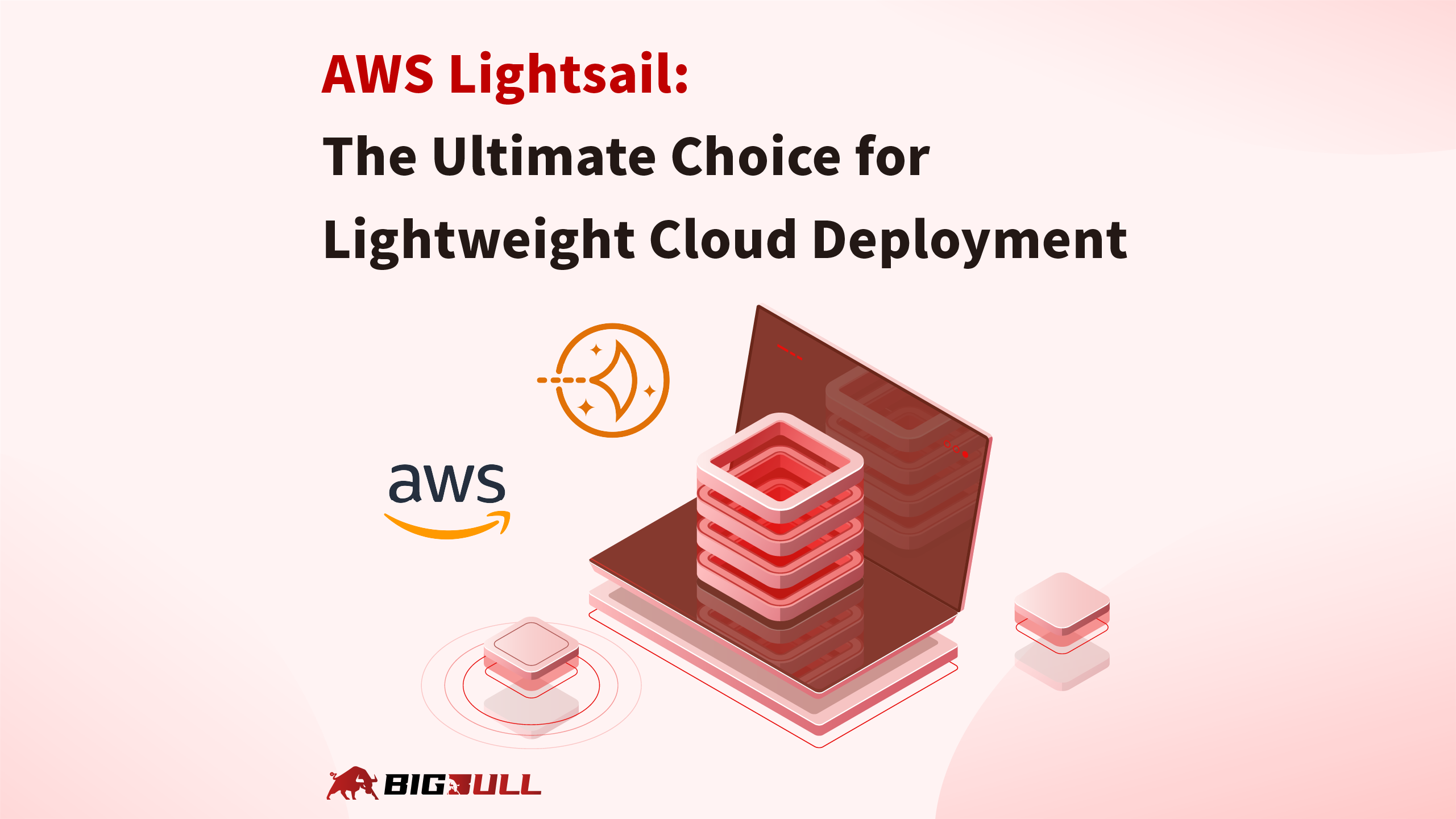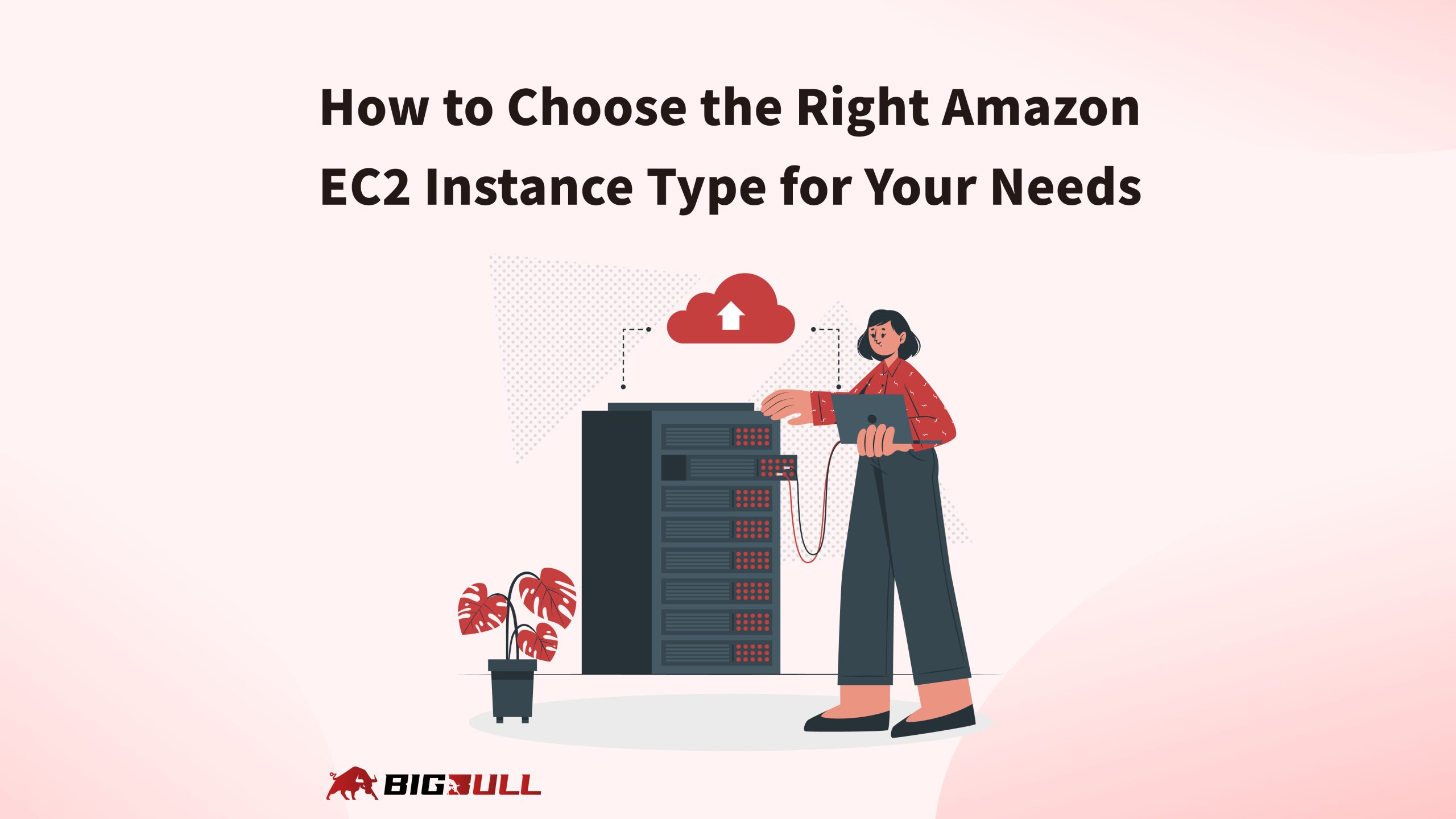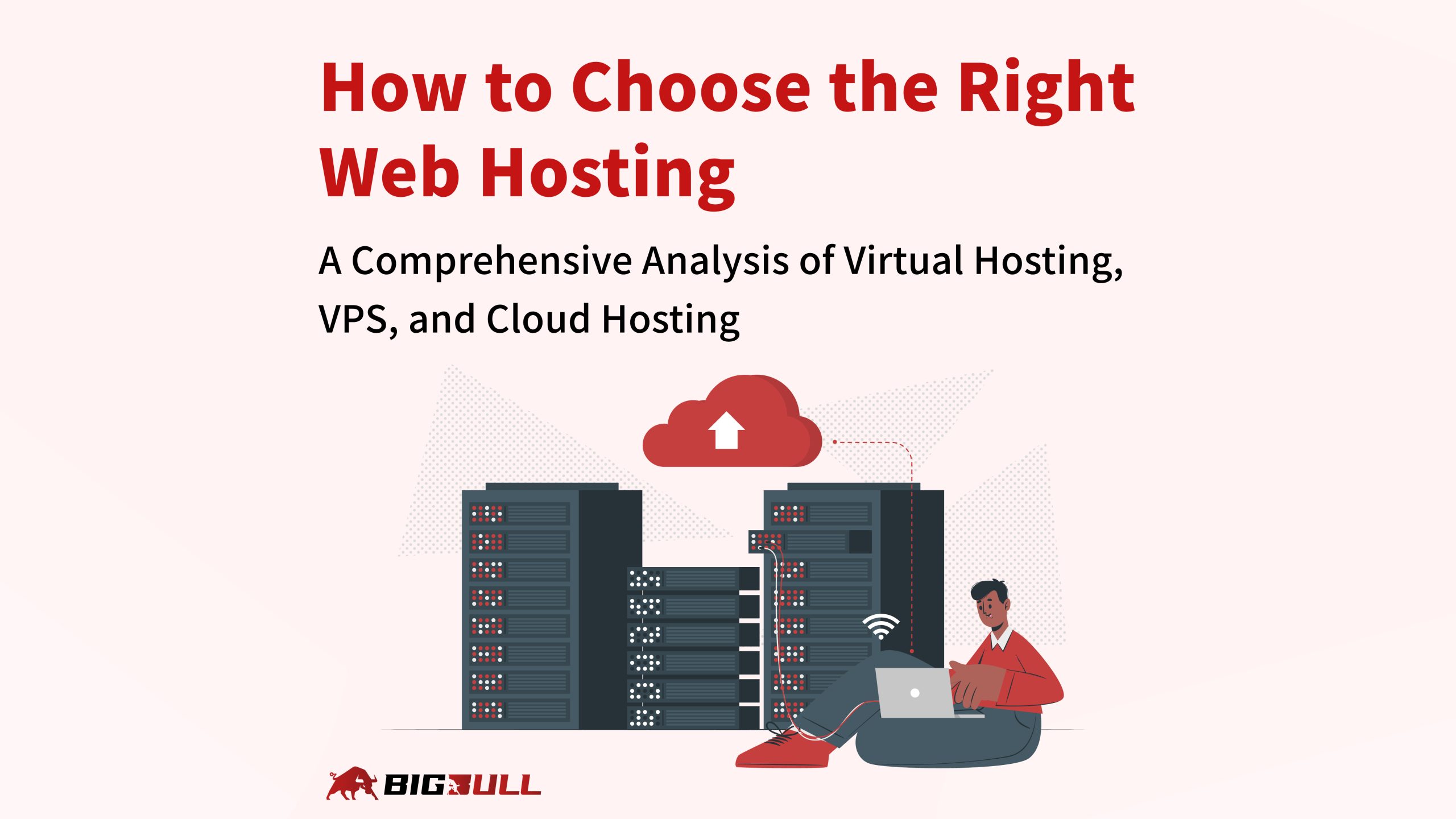AWS Lightsail, offered by Amazon Web Services (AWS), is a cloud hosting solution specifically designed for small to medium-sized businesses and developers. Known for its simple interface and transparent pricing model, Lightsail makes it easy to deploy websites and applications. This article delves into the features, use cases, pros and cons of AWS Lightsail, and explains how to get started using the AWS platform or authorized third-party providers, helping you choose the best plan for your needs.
What is AWS Lightsail?
AWS Lightsail is AWS’s entry-level cloud hosting service tailored for small to medium-sized businesses and developers. It provides a straightforward, transparent pricing structure that allows users to quickly and easily launch websites and applications. Lightsail integrates computing power, storage, and networking into pre-configured plans, enabling users to manage servers effortlessly without requiring advanced cloud maintenance experience.
Key Features of AWS Lightsail
AWS Lightsail offers a variety of convenient features that help small businesses and developers manage applications efficiently:
- Pre-configured Virtual Servers: Lightsail plans range from basic configurations with 1 vCPU to advanced options with 8 vCPUs, catering to applications of various sizes.
- Intuitive Control Panel: The Lightsail console allows users to deploy applications, set up domains, manage security groups, and more, without the need for complex setups—perfect for those without cloud expertise.
- Built-in Database Support: Lightsail includes support for MySQL and PostgreSQL databases, eliminating the need to configure database environments manually, simplifying data management.
- Content Delivery Network (CDN) Integration: Lightsail supports CDN features, ideal for distributing content globally and improving website response speeds.
- Static IPs and Simplified DNS Management: All Lightsail plans come with static IP addresses and an intuitive DNS management tool, making websites and applications more accessible.
- Server Monitoring and Automated Backups: Lightsail offers real-time monitoring tools and automated snapshots to ensure system stability and quick recovery in case of issues.
How to Use AWS Lightsail
AWS Lightsail offers multiple deployment options, allowing users to either operate directly through the AWS platform or utilize services from authorized resellers like BigBull Technology for advanced support.
Using AWS Lightsail Directly on AWS
- Sign Up for an AWS Account and Access the Lightsail Console: Register on the AWS website and log into the Lightsail console. This platform is ideal for users with some technical background. Once logged in, you can choose a hosting plan and begin setup.
- Select a Server Configuration: Choose a server plan that fits your application needs. All AWS Lightsail plans include features like static IP addresses, DNS management, one-click SSH or RDP access, robust APIs, and high-availability SSD storage.
- Choose Operating Systems and Applications: Lightsail supports Linux and Windows operating systems and offers pre-built application images like WordPress and LAMP stacks for quick deployment.
- Manage and Monitor Servers: Use Lightsail’s monitoring tools to track CPU, memory, and bandwidth usage, ensuring your applications run smoothly.
Using AWS Lightsail via Third-Party Providers
For localized technical support or access to additional server regions and advanced configuration options, you can choose to work with providers like BigBull Technology. This authorized AWS partner collaborates with other agencies to deliver multi-cloud management platforms, supporting regions such as Hong Kong, Singapore, Japan, and South Korea. BigBull Technology also assists with cloud architecture planning and technical support, reducing the burden of setup and configuration.
Free Trial with BigBull Technology: BigBull Technology offers a free trial program, including a $20 welcome credit, allowing users to test hosting services on AWS or GCP platforms. For more details, refer to the BigBull Technology free trial program.
AWS Lightsail Pricing Plans
AWS Lightsail pricing is tiered based on computing resources and storage, with plans starting at $3.5 per month and going up to $160 per month. Each plan includes different configurations of vCPUs, RAM, and storage. All plans come with a set amount of free data transfer (1 TB to 7 TB), with additional bandwidth charged at $0.09 per GB. For a detailed breakdown, refer to the AWS Lightsail Pricing Guide.
In addition, Lightsail offers optional services such as object storage, managed databases, and load balancers, with prices varying based on specific requirements. Users can explore the latest pricing details on the AWS Lightsail official website.
Use Cases for AWS Lightsail
The flexible pricing and simplified operations of AWS Lightsail make it particularly suitable for the following scenarios:
- Small Websites and Blogs: Cost-effective plans with static IPs and DNS management make it easy for beginners to host and manage websites.
- Development and Testing Environments: Pre-configured environments allow developers to test applications without the overhead of building setups from scratch.
- Static Websites with Global Content Distribution: Built-in CDN support ensures high-speed access for global audiences, perfect for high-traffic static websites.
- Data Backup and Archiving: With snapshot backups and block storage support, Lightsail offers an economical solution for data safety.
Pros and Cons of AWS Lightsail
Pros:
- Simplified management with an intuitive interface suitable for beginners.
- Transparent pricing with multiple plan options, making cost control easy.
- Built-in features like CDN, databases, and automated snapshots for seamless deployment.
- Flexible add-ons to support growing application needs.
Cons:
- Less flexible compared to EC2: Lightsail configurations are fixed and not fully customizable.
- Limited scope: Designed for small to medium-sized applications, it may not meet the needs of large enterprises with high demands.
- Regional data transfer limits: Some regions may have lower transfer quotas, requiring additional considerations for businesses with global access needs.
Frequently Asked Questions (FAQ)
- What types of applications are suitable for AWS Lightsail?
AWS Lightsail is ideal for small to medium-sized applications and websites, including blogs, e-commerce sites, and development/testing environments. - Can I use Windows OS with AWS Lightsail?
Yes, AWS Lightsail supports both Windows and Linux operating systems, although Windows plans are generally more expensive. - What’s the difference between AWS Lightsail and EC2?
AWS Lightsail simplifies the setup process and is perfect for beginners, while EC2 offers greater flexibility and customization for advanced users and large-scale applications.
Conclusion: Is AWS Lightsail Right for You?
AWS Lightsail is a cloud hosting solution designed for small businesses and developers, featuring a simplified interface and transparent pricing. It’s ideal for hosting small websites, applications, and testing environments, enabling quick deployment while keeping costs low. For users requiring higher flexibility or frequent configuration adjustments, AWS EC2 might be a better choice. Moreover, by partnering with providers like BigBull Technology, you can enjoy localized support and access to a wide range of server regions and operating systems, tailored to specific business needs. For efficient, cost-effective, and fast cloud solutions, AWS Lightsail is the perfect starting point.






